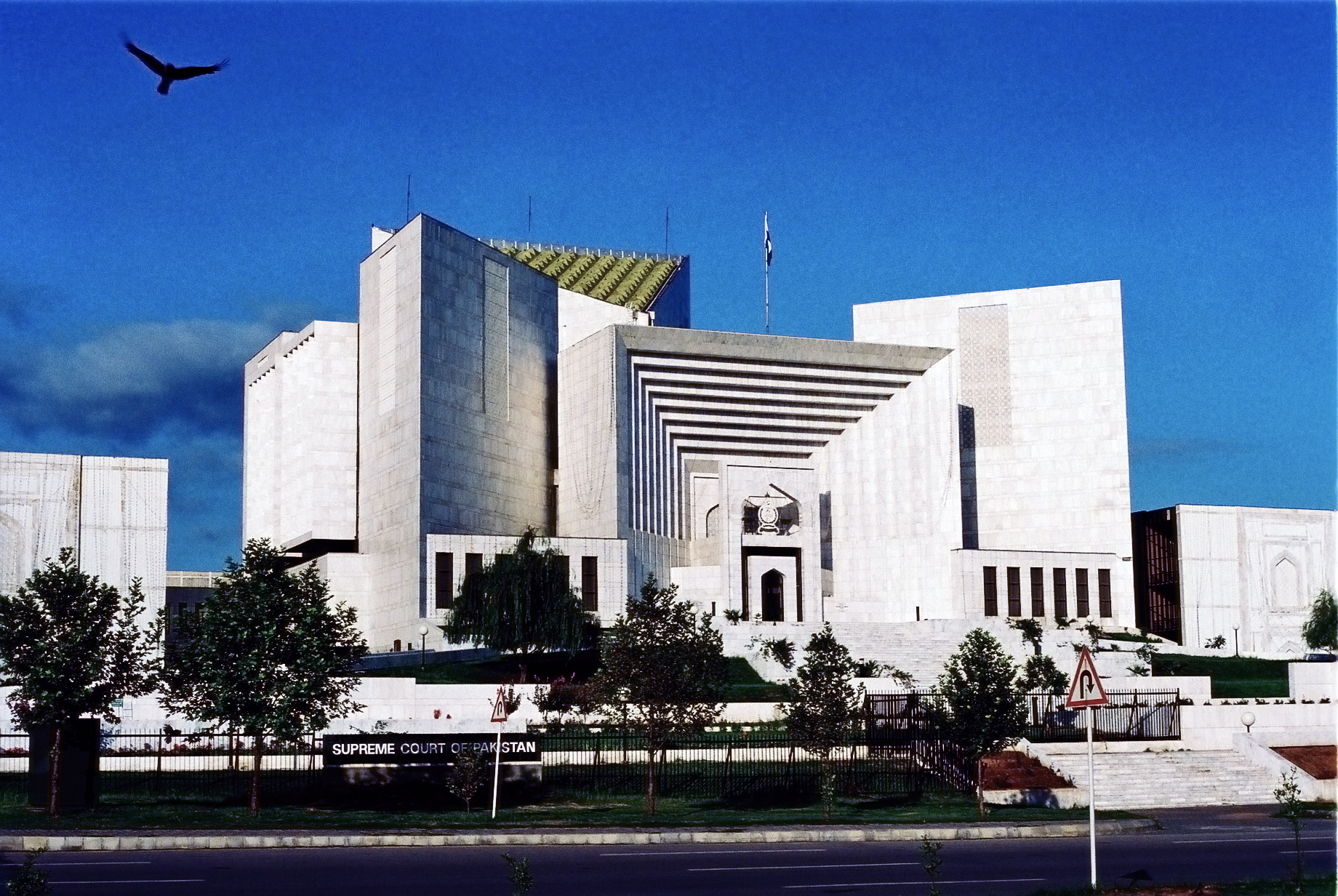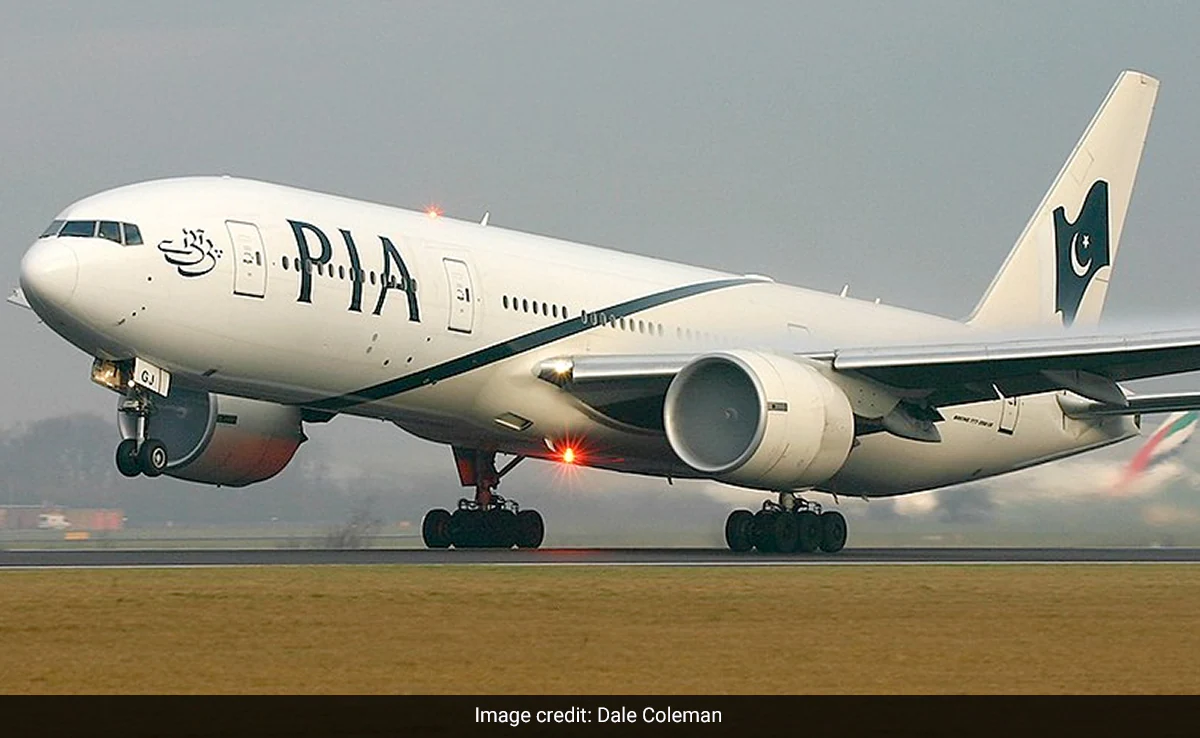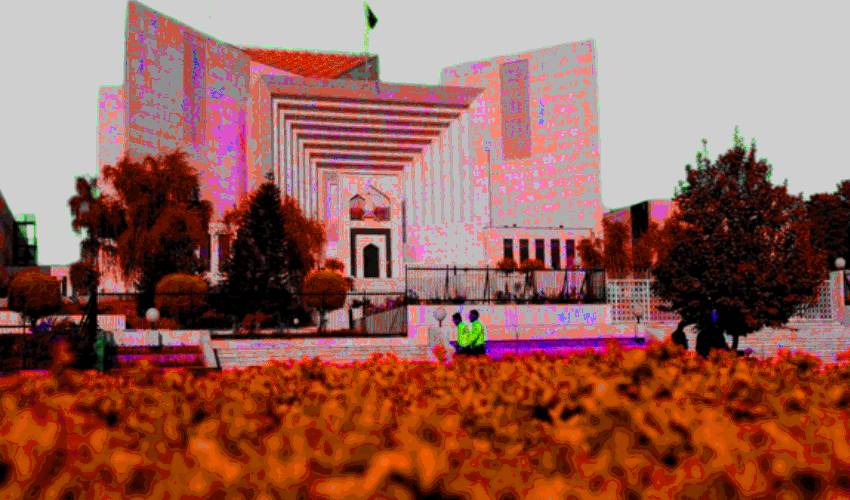
The Supreme Court of Pakistan issued a significant ruling on Monday, overturning a Lahore High Court (LHC) judgment delivered earlier this year on February 7th. The LHC ruling had declared the levy of fuel price adjustment, quarterly tariff adjustment, and the change in the status of tariff from industrial to commercial as illegal.
The three-judge Supreme Court bench, presided over by Chief Justice of Pakistan Qazi Faez Isa, heard a series of appeals submitted by power distribution companies (Discos) challenging the LHC order. In its ruling, the Supreme Court determined the LHC’s decision to be unfeasible both constitutionally and legally, asserting that the appropriate forum to address such matters is the National Electric Power Regulatory Authority’s (Nepra) appellate tribunal.
The Supreme Court ordered the petitioners to submit appeals to the appellate tribunal within 15 days, with a directive to the tribunal to reach a decision within 60 days. The court also specified a draft proposal outlining these instructions. It stressed that the statutory provision of 60 days should be adhered to by the tribunal and further mandated that the appeals should be scheduled for a hearing 25 days from the submission date, with no adjournments.
While the parties involved agreed to pay the levy charges established by Nepra for future adjustments, the court’s order stipulated that these payments would be contingent upon the outcome of the appeal. Until a decision on the appeal is reached, the arrears claimed by Discos will remain in abeyance.
The Supreme Court’s ruling concluded that the relief granted by the LHC had not been sought by the consumers (petitioners), rendering the LHC’s order illegal, unconstitutional, and unworkable.
In its defense of the ruling, the Attorney General for Pakistan (AGP) argued that the petitions brought before the LHC were not maintainable, as the petitioners had an adequate remedy available under the law. According to Article 199 of the Constitution, when a competent forum offers an adequate remedy, it should be pursued.
The LHC had previously ordered Nepra to explore cost-effective methods of electricity production and had also called upon the federal government to provide the maximum subsidy allowed by law to consumers using 500 units or less per month.
These high court judgments had arisen from petitions filed by domestic, industrial, and commercial consumers who contested the recovery of fuel price adjustments and other levies, citing Nepra’s incompetence to do so. The high court had further mandated that power distribution companies inform consumers about various charges on a monthly basis and that fuel price adjustments should not exceed seven days. Additionally, it directed that quarterly tariff adjustments should not surpass the statutory period.
The Supreme Court, in its ruling, also urged Nepra not to impose excessive tariffs beyond the paying capacity of domestic consumers and instructed it to assign responsibility for overcharging based on line losses and inefficient power plants, with the financial burden shared proportionately by the companies involved.
Thank you for entrusting us as your source of information. Together, we aim to shape a world where knowledge transcends borders and unites us all. Stay focused, stay informed, and let’s make our world a better place, one story at a time.



